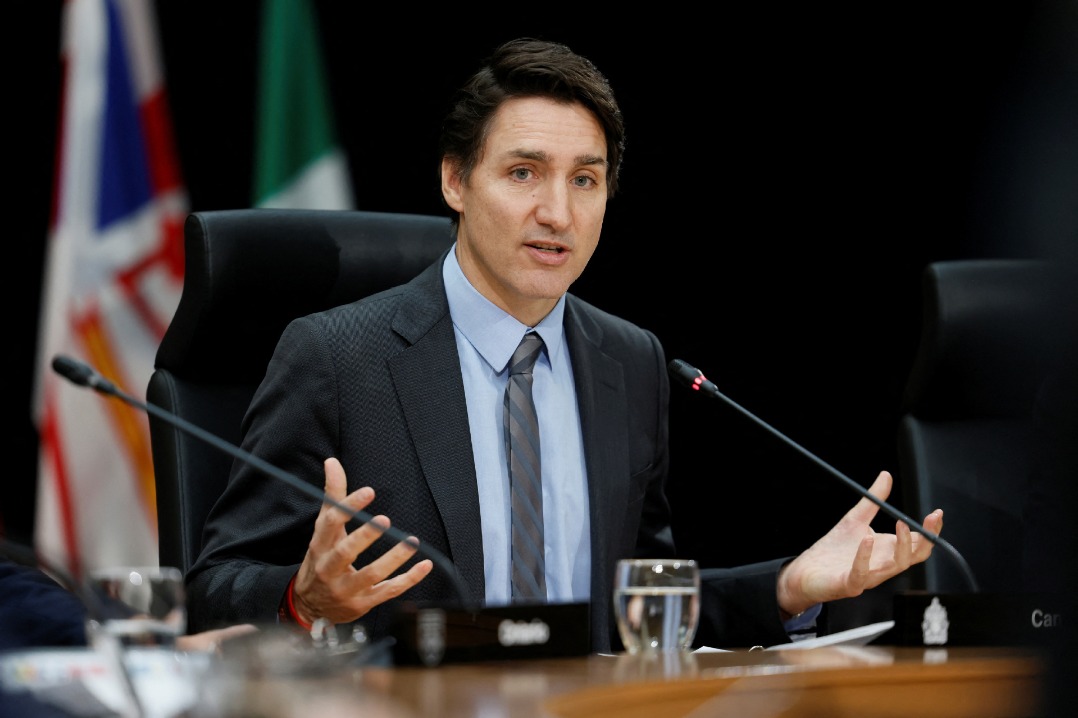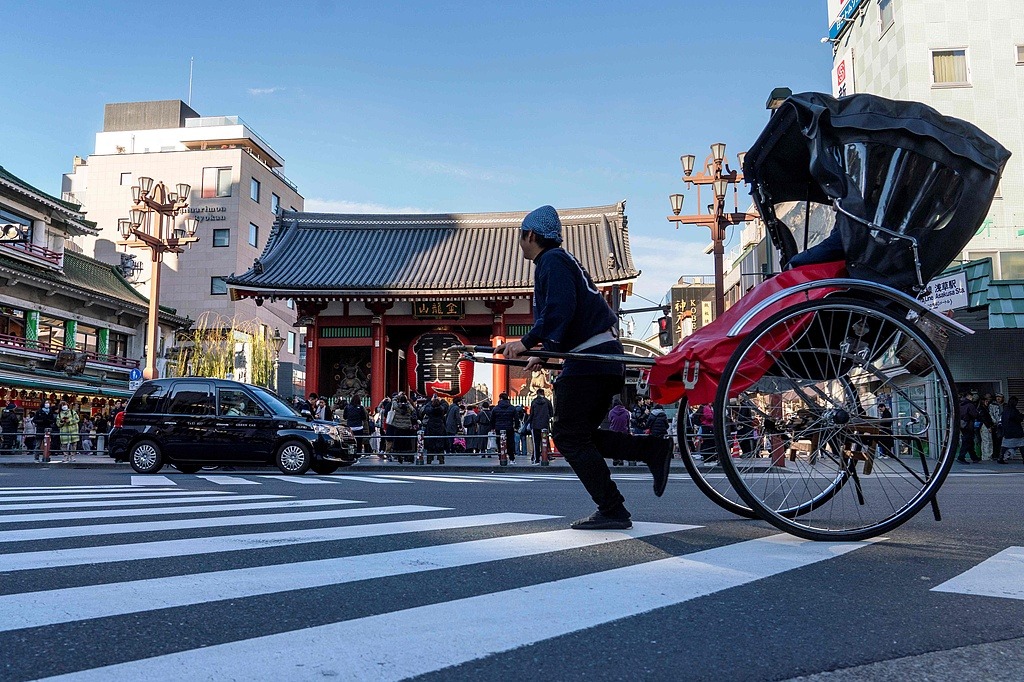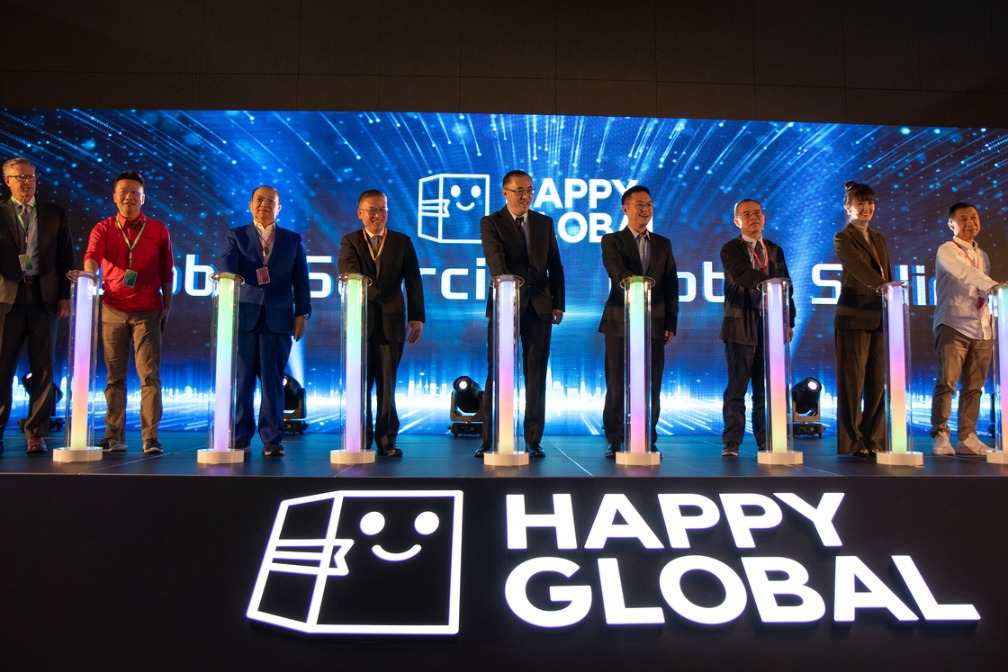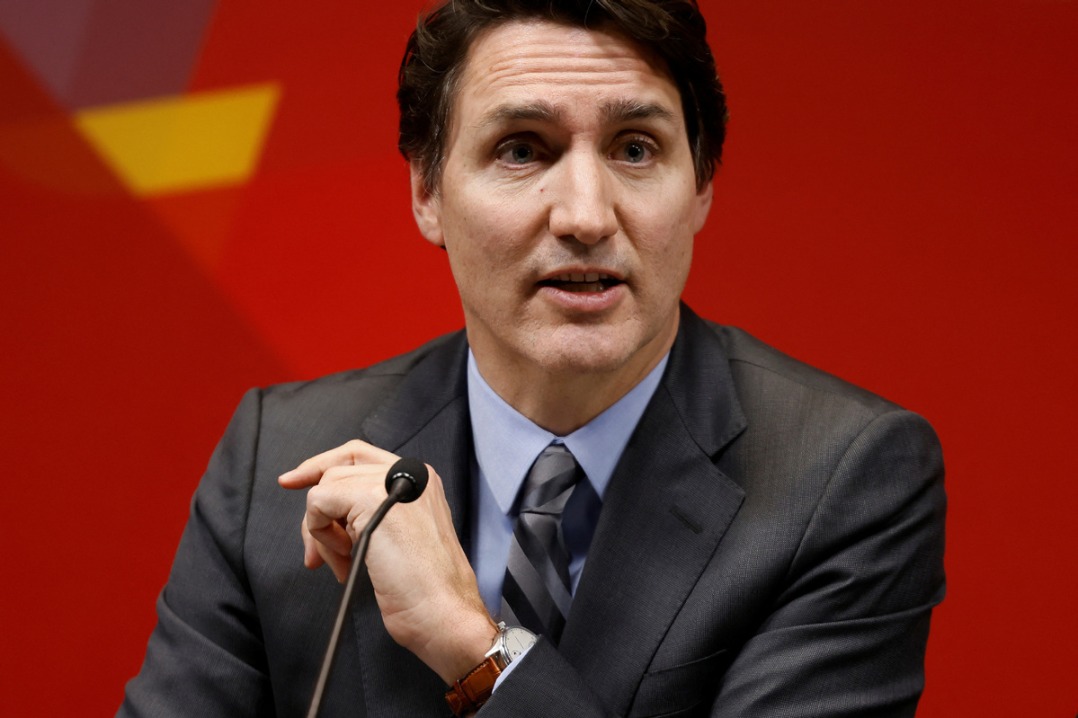Disputes arise in US over vaccine patents

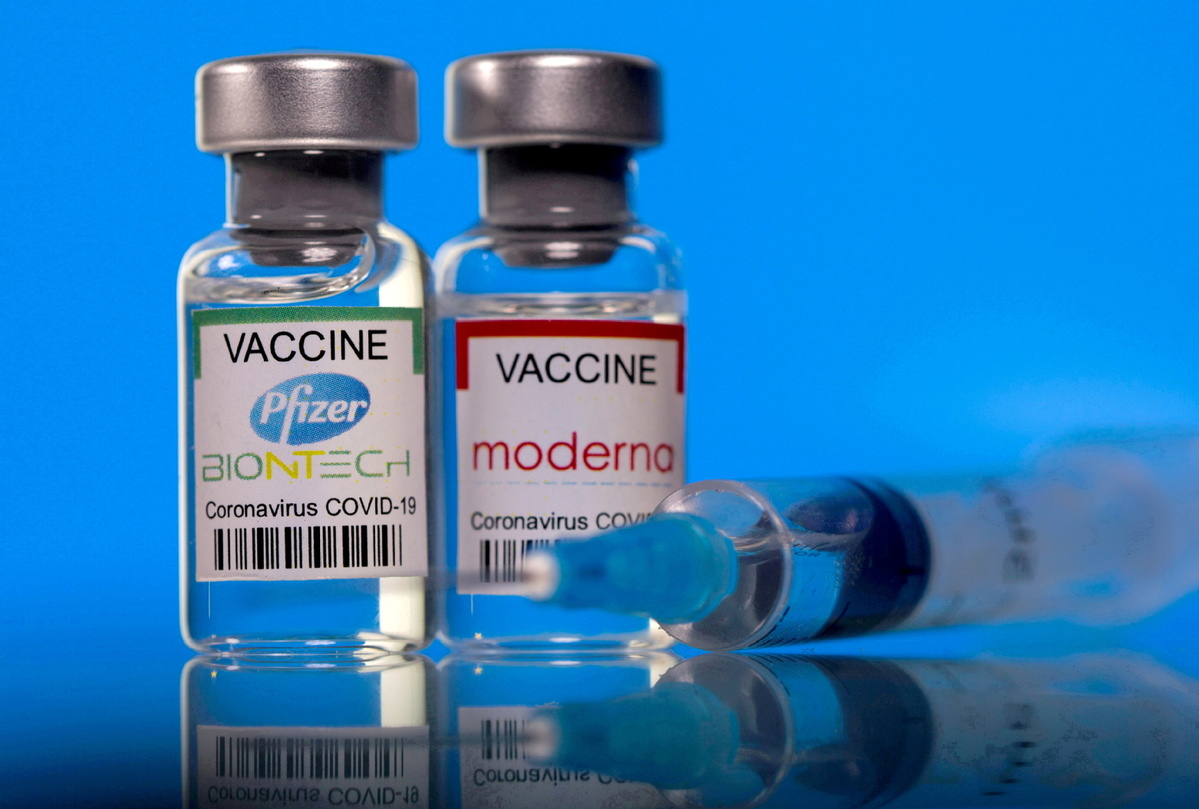
The coronavirus pandemic has yet to end, but various key players-including the United States government-are already disputing who should take the credit for the technologies that created the vaccines.
The COVID-19 vaccine market has turned out to be bigger than expected. Pfizer and Moderna made a combined $35 billion in COVID-19 vaccine global sales in the first nine months of 2021, The Wall Street Journal reported.
It's estimated that the two vaccines will achieve sales of more than $52 billion in 2022, fueled by expanded distribution to children and strong demand for booster shots.
The first legal battle occurred between Moderna and the National Institutes of Health over who should be credited for inventing the key component of Moderna's vaccine, which was initially promoted as a product of a four-year collaboration between the two.
The NIH said that three scientists at its Vaccine Research Center-John Mascola, Barney Graham and Kizzmekia Corbett-worked with Moderna scientists to design the genetic sequence that prompts the vaccine to produce an immune response and should be named on the "principal patent application".
However, Moderna filed a patent application in July, listing only its own employees as the inventors. The NIH disputed the application and in mid-December, Moderna backed down and decided not to take the final step to secure the patent and continued to discuss the issue with the National Institutes of Health.
A victory for the NIH will have implications beyond a large sum of money for the US government. If the three NIH scientists are included on the patent, the federal government could have some say in which companies can manufacture the vaccine. That decision would influence which countries get access to the mRNA vaccine.
With billions of dollars at stake, NIH and Moderna are not the only ones fighting over the patent.
Allele Biotechnology and Pharmaceuticals in San Diego, California, sued Pfizer and BioNTech in October 2020 over their mRNA vaccine. The company claims that Pfizer and BioNTech used a protein in their vaccine testing that infringed on an Allele patent. Pfizer and BioNTech dispute the claim, and litigation is pending.
In another dispute, Moderna initiated a US patent-office proceeding to invalidate patents held by Arbutus Biopharma Corp over Arbutus' claim of the invention of certain nanoparticles similar to those used in the Moderna vaccine.
Moderna said it uses its own proprietary nanoparticles not covered by the claims in the Arbutus patents. A US appeals court upheld some of the Arbutus patent claims on Dec 1.
If Moderna loses in court, it would have to pay royalties to Arbutus. So far, Moderna has paid out $400 million in royalties for other patents used in making the vaccine.
There is another potential dispute over an NIH patent for an engineered version of the coronavirus spike protein, according to experts. The genetic sequence of the spike protein is used in the mRNA vaccines from both Moderna and Pfizer.
Pfizer has obtained a license from the NIH, but Moderna has not. The NIH could sue Moderna for infringing on the patent of the government if it chooses.
Moderna could also be launching its own lawsuits. Last year, the company said it wouldn't enforce patents related to its COVID-19 vaccine amid the pandemic emergency. However, it said it would seek to license its patents to other companies once the emergency is over.
This opened the possibility that Moderna could file patent-infringement lawsuits against other companies, including Pfizer and BioNTech, if they can't agree on license terms, some patent experts and Wall Street analysts said.
















